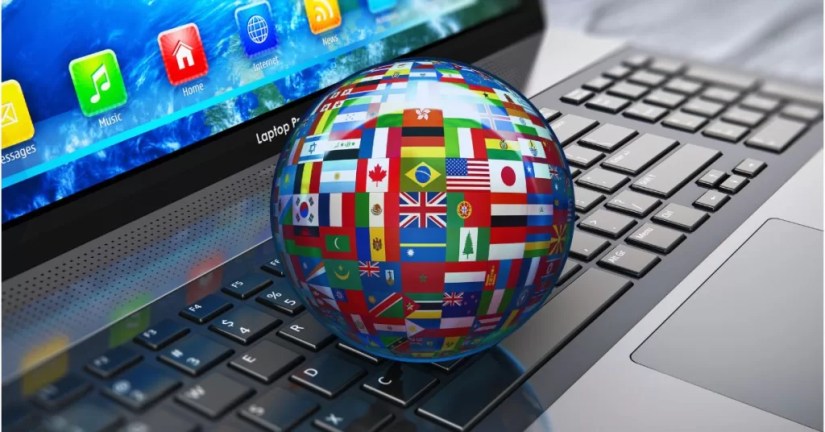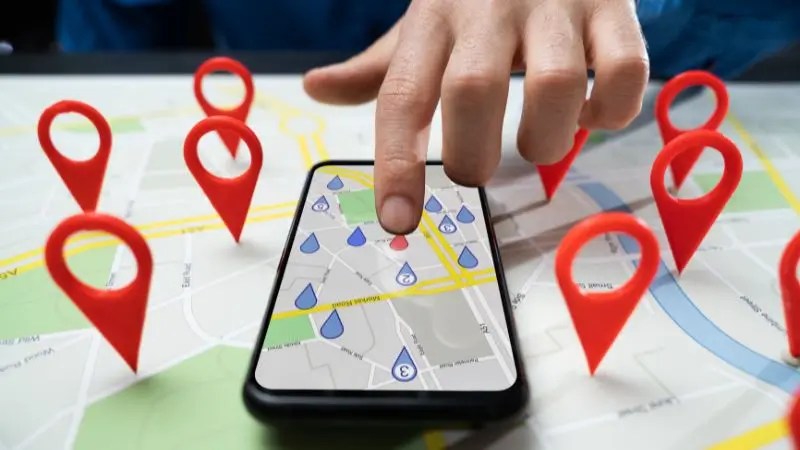
Unlocking Global Potential
In today’s global economy, businesses are presented with unparalleled opportunities to reach international markets, but with these opportunities comes the challenge of effective cross-cultural communication. Precision in professional translation is not merely a supplementary service but a critical necessity for ensuring that a company’s message is clearly understood and resonates deeply with diverse audiences. This requirement for accuracy becomes particularly vital in high-stakes sectors such as legal, medical, and financial services, where the consequences of even minor errors can be profound.
The Essence of Effective Translation
Translation is far more complex than simply converting words from one language to another. It involves conveying the original message’s intent, tone, and nuances in a way that feels authentic and appropriate to the target audience.

A translation that misses these elements can lead to significant misunderstandings, damage a brand’s reputation, and result in lost business opportunities. Conversely, a well-executed translation enhances communication, builds trust, and opens new avenues for growth.
This level of precision is especially crucial in specialized industries. For instance, in the legal field, a mistranslated contract could lead to severe legal consequences. In the medical sector, inaccuracies could compromise patient safety, while in finance, errors could lead to regulatory non-compliance and erode trust among stakeholders.
The Role of Expertise in Translation
As a professional translator, the depth of expertise you bring to each project is invaluable. Specialization in specific industries ensures that the translation is not only linguistically accurate but also contextually relevant. When translating a technical manual, for example, your understanding of the industry’s terminology and nuances allows for a translation that is precise and effective, maintaining the integrity of the original content.
This level of expertise also involves staying informed about the latest developments in the fields you work in. By continuously expanding your knowledge and adapting to new trends, you can provide translations that not only meet but exceed client expectations. This dedication to your craft ensures that each translation is of the highest quality, tailored to the specific needs of the project.
Advanced Tools for Enhanced Translation
In the digital age, technology plays a significant role in enhancing the quality and efficiency of translation services. Tools like Translation Management Systems (TMS) and Computer-Assisted Translation (CAT) tools have revolutionized the way translators manage and execute large volumes of content, ensuring consistency and efficiency across multiple languages.

These tools are particularly valuable in sectors with significant multilingual content requirements, such as e-learning, where the demand for quick and accurate translation of educational materials has surged. The shift to online learning, accelerated by the COVID-19 pandemic, has made platforms like Moodle and Articulate 360 indispensable for creating and translating educational content.
However, despite these technological advancements, the human element remains irreplaceable. The cultural and contextual insights that a professional translator brings to a project ensure that translations are not only accurate but also resonate with the target audience on a deeper level.
Tailoring Content to Global Markets
Localization is a critical aspect of professional translation that goes beyond simply translating text. It involves adapting content to meet the cultural and linguistic nuances of specific markets, ensuring that the message feels native to the target audience. This process is essential for businesses looking to genuinely connect with local consumers.
For example, e-commerce companies that invest in localization often see significant increases in conversion rates. Consumers are more likely to engage with and purchase products when information is available in their native language and presented in a culturally relevant way. Through careful localization, you ensure that your clients’ content is not only understood but also resonates deeply with their target market.

Elevating Communication Across Borders
As businesses continue to expand their reach into new and diverse markets, the role of accurate and culturally sensitive translation becomes ever more crucial. It’s not just about language; it’s about building bridges that connect different cultures and perspectives. By focusing on precision, leveraging the latest technologies, and understanding the nuances of each language, you play a pivotal role in helping your clients achieve their global ambitions. Your work ensures that their messages are not just heard, but truly understood, across every market they enter. This commitment to excellence in translation is what empowers businesses to thrive in an increasingly globalized world.



